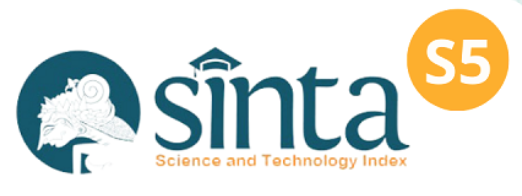The Implications of Money Politics on the Neutrality of General Election Votes as an Embodiment of Democracy in Indonesia
DOI:
https://doi.org/10.35960/inconcreto.v3i2.1483Keywords:
Democracy, Elections, Principles, Money PoliticsAbstract
Indonesia is a democratic country where the supreme power of government is in the hands of the people. Therefore, the people also participate in general elections as a manifestation of democracy. This study aims to examine the implications of the impact of money politics on the neutrality of election votes. The research method used is normative juridical research used in legal science to analyze applicable legal regulations. This method focuses on research on legal texts and other legal documents, to identify and interpret current legal norms. This research aims to analyze the impact of money politics on vote neutrality in general elections as a reflection of a healthy democracy. The focus is on understanding how money politics affects voter behavior and evaluating the integrity of the democratic process. The main objective is to contribute to developing policy recommendations that can improve fairness and maintain neutrality in elections, strengthening the foundations of an equitable and transparent democracy. The study results indicate that money politics is a form of fraud committed to influence the vote. The conclusion of this study shows that money politics has significant implications for neutrality in general elections.



.png)










.png)







